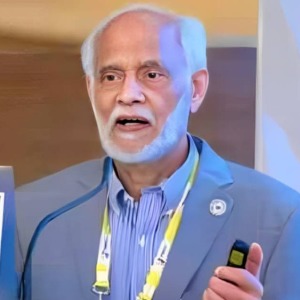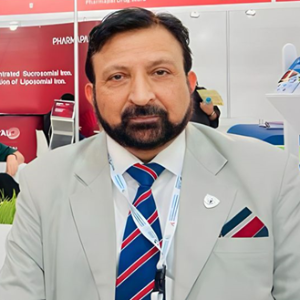Macronutrients and Micronutrients
Macronutrients, often known as energy providing nutrients, contain 4 kcal of protein, 9 kcal of fat, and 4 kcal of carbohydrate per gram. When it comes to adequate macronutrient consumption, it's vital to consider the percentage (percent energy) of total nutrient intake, as well as the quantity and quality of each nutrient, from the standpoints of avoiding excess and deficiency, as well as preventing cardiovascular disease. If increasing certain nutrients results in a decrease in other nutrients, it is required to consume three right proportions of macronutrients for the same absorbed energy. Dietary macronutrient composition has received a lot of attention in an attempt to figure out what proportion of nutrients leads to greater and more long-term weight loss.
Micronutrients are compounds that are only necessary in trace amounts but help the body grow, develop, and maintain itself. Vitamins and minerals are the most prevalent micronutrients (e.g., iron, zinc, vitamins A, D, E, and K). Micronutrients, as well as the other components discussed earlier, are absorbed in the small intestine. Because to the micronutrient's reactivity, poor solubility, or lack of stability, absorption in the small intestine may be hampered.
- Dietary Macronutrient
- Dietary Intake
- Immune System
- Interaction Between Macro and Micro-Nutrients

Tafere Gebreegziabher Belay
Central Washington University, United States
Jack Timothy Rogers
Harvard University, United States
Safiullah Pathan
Lincoln University of Missouri, United States
Mohammad Kamil
Lotus Holistic Institute, United Arab Emirates
Raffaella Conversano
University of Bari, Italy
Malgorzata Mizgier
Poznan University of Physical Education, Poland




Title : Nutrients and bioactive compounds of non-traditional green leafy vegetables: A natural path to better health
Safiullah Pathan, Lincoln University of Missouri, United States
Title : We are elastic: The color of hunger and food perception in borderline cognitive functioning
Raffaella Conversano, University of Bari, Italy
Title : Translation modulators to preserve neurodegenerative decline from metal toxicity
Jack Timothy Rogers, Harvard University, United States
Title : Assessment of a Metabolic Map (MM) in association with Metabolic Syndrome (MS)
Antonio Claudio Goulart Duarte, Medicine School of The Federal University of Rio de Janeiro, Brazil
Title : The software tools for FOP nutrition labelling
Vintila Iuliana, University ”Dunarea de Jos” Galati, Romania
Title : Risk factors for neural tube defects in conflict-impacted Tigray, Ethiopia: Findings from a case–control study
Tafere Gebreegziabher Belay, Central Washington University, United States